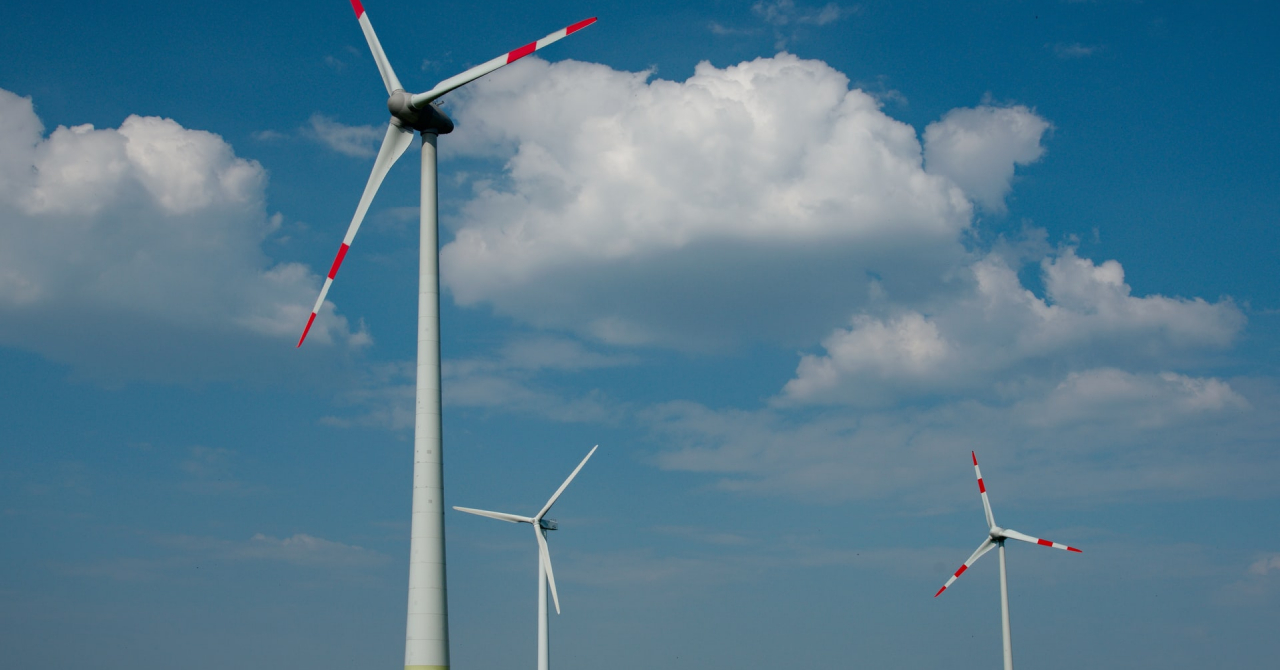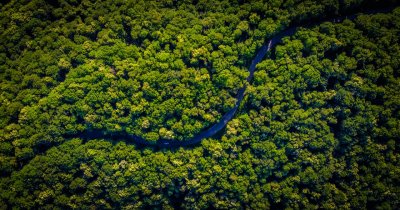What is the European Green Deal
The European Green Deal is a long term strategy, voted in December 2019, and its purpose is to ensure that the European Union has the capacity to implement measures to combat climate change and become the first climate-neutral continent by 2050.
The European Green Deal – objectives
The European Green Deal has the potential to transform the EU into a modern, resource-efficient and competitive economy,
Its main objectives are to ensure in the EU:
- no net emissions of greenhouse gases by 2050
- economic growth decoupled from resource use
- no person and no place left behind
The budget allocation for the European Green Deal
In 2019, at the moment the Commision presented the European Green Deal, the members stated that meeting the objectives of the European Green Deal will require significant investment.
Achieving the current 2030 climate and energy targets is estimated to require €260 billion of additional annual investment, representing about 1.5% of 2018 GDP.
The EU has introduced a just transition mechanism to provide financial and technical support to the regions most affected by the move towards a low-carbon economy. It will help mobilise at least €65-75 billion over the period 2021-2027 for:
- people and communities – facilitating employment opportunities and reskilling, improving energy-efficient housing and fighting energy poverty
- companies – making the transition to low-carbon technology attractive for investment, providing financial support for and investment in research and innovation
- member states or regions – investing in new green jobs, sustainable public transport, digital connectivity and clean energy infrastructure
The European Green Deal provides a roadmap with actions to boost the efficient use of resources by moving to a clean, circular economy and stop climate change, revert biodiversity loss and cut pollution. It outlines investments needed and financing tools available, and explains how to ensure a just and inclusive transition.
The Green Deal, measures for all economic sectors
The European Green Deal covers all sectors of the economy, notably transport, energy, agriculture, buildings, and industries such as steel, cement, ICT, textiles and chemicals.
To deliver the European Green Deal, there is a need to rethink policies for clean energy supply across the economy, industry, production and consumption, large-scale infrastructure, transport, food and agriculture, construction, taxation and social benefits.
The European Green Deal – initiatives
The European Green Deal includes initiatives covering the climate, the environment, energy, transport, industry, agriculture and sustainable finance, all of which are strongly interlinked.
The package includes:
- a revision of the EU emissions trading system (EU ETS), including its extension to shipping, and a revision of the rules for aviation emissions and the establishment of a separate emissions trading system for road transport and buildings
- a revision of the effort sharing regulation on member states’ reduction targets in sectors outside the EU ETS
- a revision of the LULUCF regulation on the inclusion of greenhouse gas emissions and removals from land use, land use change and forestry
- an amendment of the regulation setting CO2 emission standards for cars and vans
- a revision of the renewable energy directive
- a recast of the energy efficiency directive
- a revision of the energy tax directive
- a carbon border adjustment mechanism
- a revision of the directive on the deployment of alternative fuels infrastructure
- ReFuelEU Aviation for sustainable aviation fuels
- FuelEU Maritime for a green European maritime space
- a social climate fund
- a revision of the energy performance of buildings directive
- reducing methane emissions in the energy sector
- a revision of the third energy package for gas
The European Green Deal – projects
According to the European Green Deal and the commitments taken by the EU member states, this initiative will improve the well-being and health of citizens and future generations by providing fresh air, clean water and biodiversity, cleaner energy, renovated and energy efficient buildings, healthy and affordable food, a cleaner transportation.
Here are a series of projects that the EU committed to and the results presented by the European Commission in the summer of 2021.
Transportation – green mobility
Transport emissions represent around 25% of the EU's total greenhouse gas emissions, and these emissions have increased over recent years.
Our goal of being the first climate-neutral continent by 2050 requires ambitious changes in transport. A clear path is needed to achieve a 90% reduction in transport-related greenhouse gas emissions by 2050.
The European Commission adopted a set of proposals to make the EU's climate, energy, transport and taxation policies fit for reducing net greenhouse gas emissions by at least 55% by 2030, compared to 1990 levels.

Agriculture – from farm to fork
The Farm to Fork Strategy will strengthen efforts to tackle climate change, protect the environment and preserve biodiversity.
The Farm to Fork Strategy will also contribute to achieving a circular economy. It will aim to reduce the environmental impact of the food processing and retail sectors by taking action on transport, storage, packaging and food waste. This will include actions to combat food fraud, including strengthening enforcement and investigative capacity at EU level, and to launch a process to identify new innovative food and feed products, such as seafood based on algae.
Industry: a strategy for a greener Europe
The European Green Deal is the EU’s new growth strategy, aiming to transform the EU into a fairer and more prosperous society, with a modern, resource-efficient and competitive economy, with no net emissions of greenhouse gases by mid-century.
The main goal is to harness the significant potential in global markets for low-emission technologies, sustainable products and services in order to achieve climate neutrality by 2050.
Preserving the environment
Europe’s seas, oceans, and environment are a source of natural and economic wealth for Europe. We must preserve and protect them to ensure that they continue sustaining us in the future.
European Green Deal priorities include:
- protecting our biodiversity and ecosystems
- reducing air, water and soil pollution
- moving towards a circular economy
- improving waste management
- ensuring the sustainability of our blue economy and fisheries sectors
What do companies in the EU know about the Green Deal
According to the European Green Deal Survey 2021, conducted by PwC, fewer than half of the companies in the EU are familiar with the Green Deal. At the same time, only 49% consider themselves prepared for the measures it involves.
The largest perceived challenges to companies are a lack of organisational skills and processes to understand all the implications of the Green Deal, quantify the costs of the related levies, benefit from available incentives and maximise the opportunities arising from the transition to more sustainable economies.
The EU is expected to introduce more than 1,000 different levies to partially fund the EUR 260 billion-a-year cost of the Green Deal. These taxes and other revenue-raising measures are aimed at promoting investment in low-carbon technologies, big strides in energy efficiency, the shift to zero-emissions energy sources, reduced consumption of natural resources and better care of natural habitats, shows the report.
 Oana Coșman
Oana Coșman












Any thoughts?